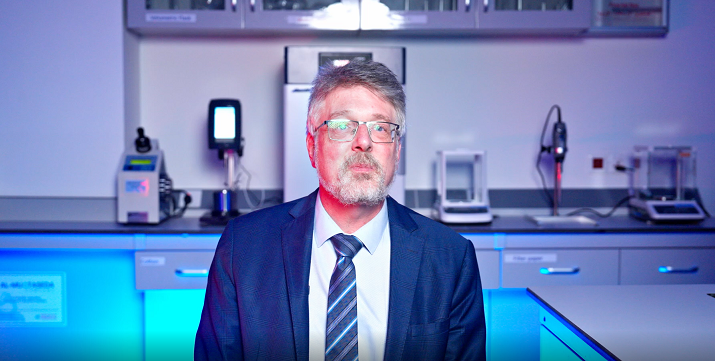Bachelor of Medicine, Bachelor of Surgery (MBBS)
Overview
Our School of Medicine offers an excellent medical education using the latest pedagogic methodologies in this field of science. All courses focus on medical education in specialised English to meet international standards. Research- and evidence-based medicine-oriented education, includes clinically oriented teaching and training from the first phase of education.
Admission Requirements
- High School Diploma: Secondary school certificate, attained within the last five years and with a general high school score of 90% or above.
- Equalised transcript for Public universities is required for students who have graduated from international institutions.
- Minimum Grade in Related Subjects: Minimum High School Score of ≥240 in Biology, Chemistry, and Physics.
- School Interview.
- English Language Proficiency: Minimum English Language requirement is 50 in PTE, 6.0 in IELTS -74in ibt-TOEFL or 105 in Duolingo.
- Applicants dismissed for any reason from any university, school or college will not be considered
- School Entrance Test – University Clinical Aptitude Test (UCAT) https://www.ucat.ac.uk/
- Duolingo English Test https://www.ukh.edu.krd/duolingo-english-test/
- Pearson - University Clinical Aptitude Test (UCAT) https://www.ukh.edu.krd/study/pearson-university-clinical-aptitude-test-ucat/
- Application Form: Online application is required
- Official transcripts: Provide a copy of your official transcript (for applicants who graduated from international institutions, an equalized transcript is required).
- Certification Letter from High School: Provide an official letter from your High School Confirming your High School Average.
- A copy of your Passport/ID
Curriculum
The MBBS programme of the School of Medicine is a 6-year programme that consists of two phases, each comprises of six semesters.
Phase 1 (3 years): Pre-Clinical Sciences (Human Structure, Function, and Development; Foundations of Sciences in Disease, including pathology, pharmacology, microbiology). Most subjects are being taught in blocks of body systems. Early clinical exposure.
Phase 2 (3 years): Clinical Sciences (Internal Medicine, Surgery, Pediatrics, Obstetrics/Gynecology; medical subspecialties; minor surgical specialties; behavioral medicine).
Introduction and Special Features
The MBBS curriculum is outcome-based by utilising Programme Learning Outcomes (PLOs) as well as Entrustable Professional Activities (EPAs) to produce graduates who can fulfill their role as junior doctors in the Health Care System (HCS) of the Kurdistan Region of Iraq (KRI) and beyond by applying clinical communication skills as well as procedural skills and attitudes acquired by attending the School of Medicine of UKH.
The MBBS programme is system-based and organized around body systems, into which clinical communication skills and virtual patients on problem-based learning (PBL) are integrated. In addition, other modern teaching methodologies are used as well as procedural skills, including emergency medicine training from UG1 to UG6 in a Skills Lab and Emergency Hospitals.
Small-group learning is supplemented by lecture-based sessions where clinical case and patient-based integrated learning activities are complemented by a wide variety of other teaching and learning activities, which ensure competence in key areas.
The programme encompasses three strands that ensure the teaching of ethics, learning, and communication throughout the curriculum. As the students advance in their studies, they become progressively more self-directed in their learning, aided by IT-based materials and activities.
The curriculum is managed by a multidisciplinary team, which is led by the Director of the Medical Education Department (MED), supervised by the Dean of the School of Medicine, dynamically responding to social needs as well as global health. A full revision of the curriculum is performed every six years.
A monitoring system will be established to evaluate the implementation of the curriculum and to support a process of continuous improvement.
Skills Development
The School of Medicine of UKH strives to graduate knowledgeable, ethical, skilled and safe doctors who are well prepared to work in the Kurdistan Region of Iraq and beyond and to be able to undertake postgraduate training, by delivering excellent medical education and unlocking the learners’ potential.
